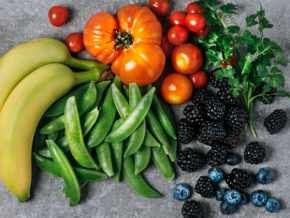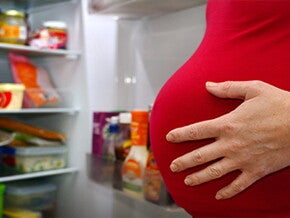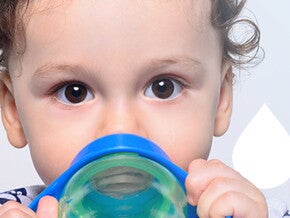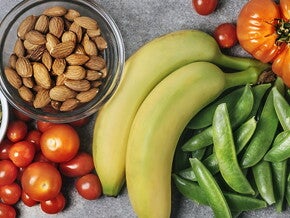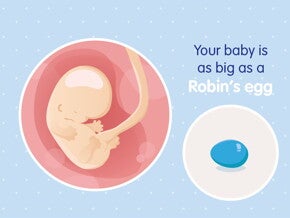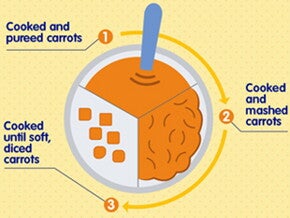
Developing Healthy Digestive System By Including Probiotics In Your Child's Diet
Probiotics are sometimes added into our diet to help maintain a healthy digestive system to provide a balance between ‘good’ and ‘bad’ bacteria in our body.
HOW IS PROBIOTICS DIFFERENT FROM PREBIOTICS?
Both prebiotics and probiotics work to bring about health benefits in the body by increasing ‘good’ intestinal bacteria in different ways. Prebiotics are nutrients that provide nourishment for ‘good’ bacteria, probiotics, to flourish and grow in the digestive tract.
On the other hand, probiotics are live bacteria that are good for your health, especially your digestive system - it travels into the digestive tract to increase the ratio of ‘good’ bacteria to 'bad’ bacteria. Probiotics are often called ‘good’ or ‘helpful’ bacteria because they help keep your gut healthy.
One should bear in mind that the body should have ‘good’ bacteria from the probiotics to start with for the prebiotics to work on.
COMMON MISCONCEPTIONS REGARDING PROBIOTICS
MYTH: The strain doesn’t matter
FACT: Yes, it does. Your child’s gut is a hostile place. Only certain strains of bacteria can survive in that harsh environment. Each unique strain has its benefits and drawbacks, make sure you are taking the right one for your child. Look out for the ones with Bifidus strains!
MYTH: Probiotics, the more the better?
FACT: It depends. The real question is, what kind of probiotics and how much of it is better for your child. Different types of probiotics perform different functions. You can consult your doctor on the type of probiotics recommended for your child to improve his gut health. Different types of probiotics will require a varied level of probiotics to ensure efficacy of the intake.
DOES MY CHILD NEED PROBIOTICS?
Having a good balance of ‘good’ and ‘bad’ bacteria is important for a healthy digestive tract as it may help to reduce the incidences of intestinal discomforts such as diarrhoea and flatulence.
Every child has a different mix of bacteria, both ‘good’ and ‘bad’, in their intestinal tract during birth. However, several factors could cause an imbalance of ‘good’ and ‘bad’ bacteria, such as consumption of antibiotics and the child‘s diet which might destroy the ‘good’ bacteria.
This imbalance can most likely increase a child’s likelihood of falling ill or developing allergies due to a less optimum immune system and lower levels of gut microflora. Hence, having probiotics helps to increase the population of ‘good’ bacteria.
WHERE CAN I GET PROBIOTICS?
A child’s first source of probiotics comes first from vaginal birth, followed by diet such as breast milk. Breast milk contains all the goodness of nutrients including probiotics.
When weaning starts, probiotics can be sourced from certain formula milk, fermented foods and beverages, and even some supplements. Probiotic-rich foods are yogurt, cheese, kimchi, miso, kefir, buttermilk, tempeh and sourdough bread.
WHAT COMES NEXT?
Mothers are highly recommended to exclusively breastfeed their children for the first 6 months and continue breastfeeding for as long as possible. Mothers are highly recommended to exclusively breastfeed their children for the first 6 months and continue breastfeeding for as long as possible. As a child turns 1 year old, milk becomes a supplement to his/her diet.
If formula milk is required to supplement your child’s diet after breastfeeding, ask your healthcare professional for advice. Probiotics added milk may benefit your child as it helps to maintain a desirable balance of protective good bacteria in your child’s gut.

